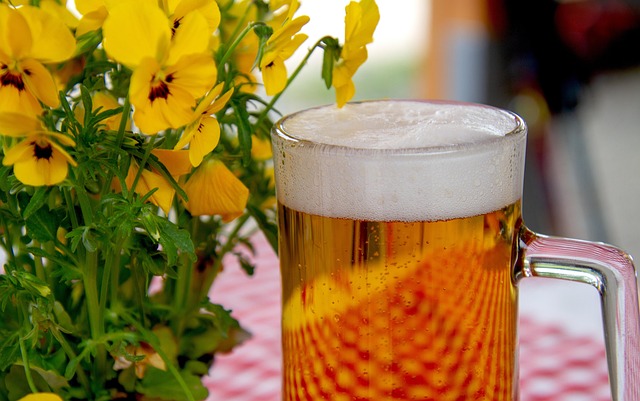Throughout the ages, humanity has grappled with a profound sense of longing, often referred to as the holy thirst. This feeling transcends mere physical needs; it reflects an inner yearning for connection, meaning, and purpose. Various religions have woven rituals that address this existential need, providing solace and a framework to explore the divine.
Rituals play a crucial role in many religious traditions worldwide. They serve as conduits that help believers quench their holy thirst by creating spaces for sacred experiences. From the rhythmic chants of hymns to the meditative silence of prayer, these practices invite individuals to step beyond the mundane and engage with the spiritual realm.
In Christianity, for example, the sacrament of Communion represents a profound ritual where followers partake of bread and wine, symbolizing the body and blood of Christ. This act not only nourishes the physical body but also satiates the spiritual desiring, allowing believers to feel a sense of unity with the divine and each other.
Similarly, in Buddhism, the act of meditation serves as a ritualistic practice aimed at quenching the holy thirst for enlightenment. Through mindfulness and presence, practitioners can explore the depths of their consciousness, gaining insights that lead to a deeper understanding of themselves and the world around them.
In Indigenous cultures, rituals often include elements of nature, such as water, which is not only vital for survival but is also seen as a source of life and spirit. Ceremonies frequently involve offerings or prayers near rivers or lakes, acknowledging the sacredness of water as a cleansing force that quenches both physical and spiritual thirst.
The longing for connection is also evident in the Jewish tradition, particularly during Yom Kippur, the Day of Atonement. This solemn occasion features fasting and prayer, allowing individuals to reflect on their actions and seek forgiveness. The ritual serves not only to cleanse the soul but to foster a greater connection with the divine and the community, fulfilling a deep, intrinsic desire for reconciliation and meaning.
In every faith, the concept of holy thirst manifests uniquely, yet the underlying theme remains the same: the quest for spiritual fulfillment is universal. As individuals engage in these rituals, they find a path to articulate their deepest longings, forging connections with themselves, their communities, and the divine.
Thus, exploring rituals in religion offers insight into our shared human experience. While the specifics may vary, the holy thirst that drives these practices connects us in our search for purpose and understanding. Embracing these rituals can help us navigate our own quests, offering refreshment for the spirit and nourishing the depths of our being.




